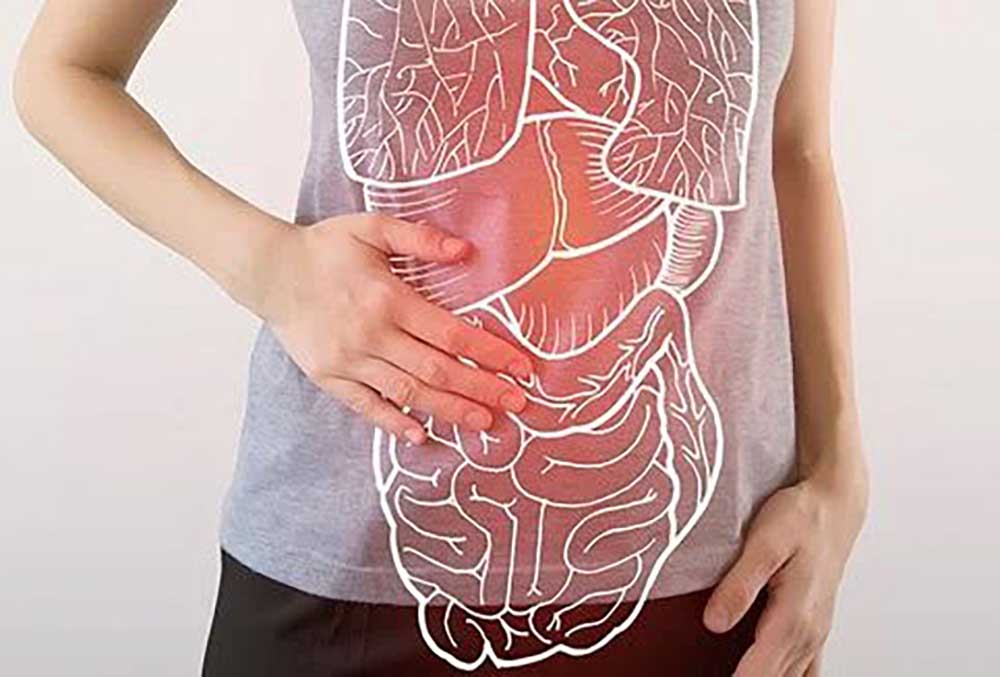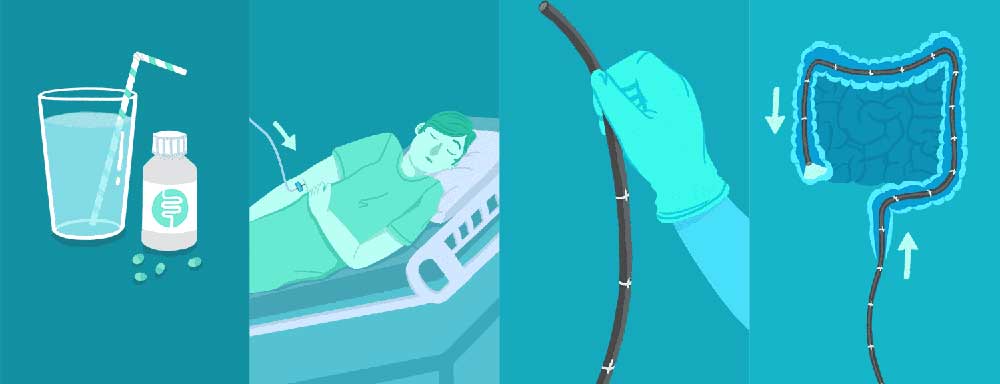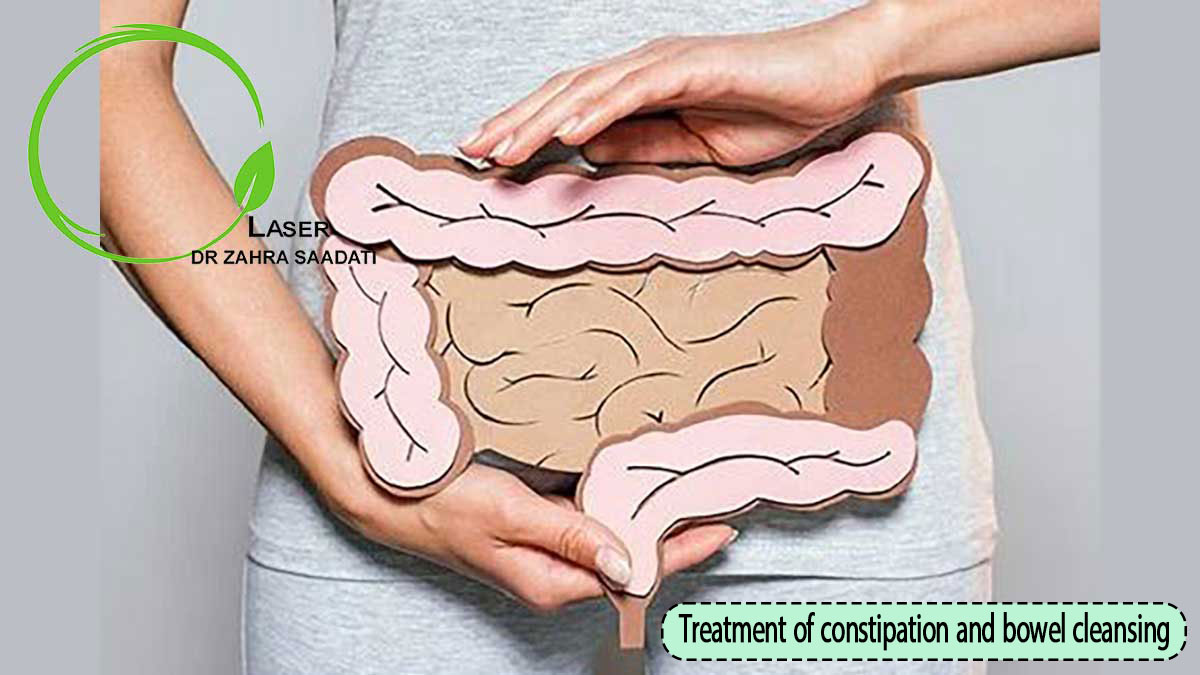Constipation is one of the most common diseases of the digestive system, as most people suffer from this disease at least once in their lifetime. Nevertheless, constipation is considered a minor nuisance for a quarter of people and does not need to be treated seriously. Taking laxative syrups can help you quickly improve your constipation. Chronic and severe cases of constipation can adversely affect the quality of life of people. Many individuals suffer from constipation in silence and try to self-medicate this condition. However, there are various methods to treat constipation. Some patients may suffer from severe constipation in a way that they cannot defecate on a daily basis. If such individuals fail to defecate for several consecutive days, they will need bowel cleansing and enema.
It is important to know the differences between types of constipation because it can determine the strategy you need to manage and treat this condition and cleanse your bowel. Depending on its cause, we have primary constipation and secondary constipation. The treatment of constipation and bowel cleansing can help to prevent hemorrhoids and anal fissures.
What is primary constipation?
Primary constipation, also known as idiopathic constipation, is caused by the inherent failure of colon function or mal-defecation. Constipation is called primary when the patient has no history of any other underlying disease and there is no clear or specific reason for this condition. Depending on the physiological characteristics, it can be divided into three types: obstructed defecation syndrome (ODS), slow transit constipation (STC), and irritable bowel syndrome with constipation (IBS-C). The first treatment for primary constipation is to take fiber supplements or laxatives. If the patient positively responds to such treatments, there is no need for other measures.

Different methods for the treatment of constipation and bowel cleansing
Physical activity
Low physical activity is one of the main causes of constipation. Studies have shown that moderate to intense exercising (20-60 minutes, 3-5 days a week) can improve symptoms and quality of life in patients with primary constipation. In addition, running can increase earthworm-like bowel movements.
High-fiber diet
The first line of treatment for mild to moderate constipation is to consume more high-fiber foods because this is an easy and less expensive treatment that causes no complications. Starch, oats, wheat bran, fruits, and vegetables are rich in fiber. Patients who have slow bowel movements, stool disorders, or severe constipation are recommended to take osmotic laxatives before starting a high-fiber diet in order to prevent abdominal cramps and pain. High-fiber foods also help primarily cleanse the intestines.
Fiber supplements
Another method to control constipation is to take dietary fiber supplements that increase the volume and soften the stool. Fiber supplements include psyllium, polycarbophil calcium, methylcellulose, and bran. It is recommended to drink enough water and other liquids when taking such supplements.
Magnesium salts
Because of their low price and availability, magnesium salts are commonly used for treating mild to moderate constipation. Magnesium salts are used as antacids and laxatives (e.g. magnesium trisilicate and magnesium hydroxide) or in combination with aluminum salts (i.e. aluminum hydroxide). Magnesium hydroxide can control constipation and cleanse the intestine by increasing bowel movements and softening the stool. In addition to magnesium hydroxide and aluminum hydroxide, the so-called MGS aluminum syrup also contains simethicone, which reduces flatulence and bloating. However, patients with kidney failure or neuromuscular diseases should cautiously take this category of magnesium-containing drugs under the supervision of a physician because such patients are at greater risk of developing hypermagnesemia (i.e. increased magnesium in the blood).
Low-digestible carbohydrates (LDCs)
LDCs, such as sorbitol and lactulose, are among hyperosmolar laxatives that increase water absorption from the surrounding tissues into the intestine. LDCs pass through the colon unchanged and undigested and are metabolized by colon bacteria into lactic, acetic, and formic acids and release carbon dioxide. Because of their low molecular weight, these organic acids increase the osmotic pressure of liquids inside the intestine and, thereby, soften the stool and improve constipation.

Bowel cleaning with enemas
Some patients with chronic constipation may fail to defecate for several days in a row. Instead of straining to defecate, such patients should use an enema to cleanse their intestines. It is recommended to get an experienced nurse or paramedic to help you for this purpose in order to prevent any damage to the intestinal and anal tissue. You also need to take the necessary precautions after the enema to prevent and treat constipation. If you strain to defecate, hard stool may cause anal fissures. In some cases, difficult defecation for only one time can cause anal inflammation and even an anorectal abscess. The use of enemas can prevent such complications. However, since the frequent and unprincipled use of enemas can cause some complications, avoid using this method without consulting a physician and specialist.
Treatment of pediatric constipation
The primary treatments mentioned above may fail to improve constipation in some children. Pediatric hemorrhoids and pediatric anal fissures are common complications of untreated constipation in children. A study conducted on children with constipation from 1999 to 2007 showed promising results. The participants had undergone all the treatments such as diet change, laxatives, biofeedback, and behavioral therapy under the supervision of a pediatrician but they could not improve their constipation. Finally, they underwent a surgical procedure called anorectal myectomy. After this surgery, about 65% of children aged 2 to 12 years managed to control their constipation with help of a healthy diet. Therefore, more than half of children with chronic constipation resistant to common treatments positively respond to this surgical method. The remaining 35% can benefit from anorectal myectomy with more advanced complementary methods such as enema and biofeedback.
Treatment of chronic idiopathic constipation in children with anorectal myectomy
Frequently asked questions (FAQs) about the treatment of constipation and bowel cleansing
1-What are the right food supplements to treat constipation and cleanse the intestines?
Probiotics are living microorganisms that can effectively treat constipation and cleanse the intestines by increasing the frequency of bowel movements and consistency of stool. However, if you have chronic and severe constipation, you should take probiotics with other fiber supplements and drugs.
2-When are surgical methods applied for treating constipation?
Partial removal of the large intestine is a treatment option for patients with severe and chronic constipation who are resistant to other treatments of constipation. For example, colectomy and laparoscopy are two surgical procedures that can effectively treat constipation in such patients.
3-What is secondary constipation?
Secondary constipation occurs due to other underlying diseases such as neurological, metabolic, and endocrine diseases. Some medicines can also cause secondary constipation.
4-What medicines can cause secondary constipation?
Anticonvulsants, diuretics, antihypertensive, antidepressants, iron supplements, calcium channel blockers and other cardiac drugs, morphine, codeine and other painkillers, some antacids, and some cold and cough medicines that contain dextromethorphan are among the medicines that may cause constipation.
5-What are the common methods commonly used to treat pediatric constipation?
Laxatives are useful for relieving constipation in infants. However, since pediatric constipation is different from adult constipation, anti-constipation medicine should be taken under a physician’s prescription.
6-What is the best treatment for constipation during pregnancy?
Constipation is among the most common problems that pregnant women usually face. Home remedies and the addition of high-fiber foods to the diet are always the safest solutions to improve this condition. Pregnant women can cautiously take magnesium syrup if prescribed by a physician.
7-Does constipation harm the intestine?
Primary and mild constipation does not harm the intestinal and anal tissue if it is treated as soon as possible. However, chronic constipation can cause hemorrhoids, anal fissures, anal fistulas, and fecal incontinence.


